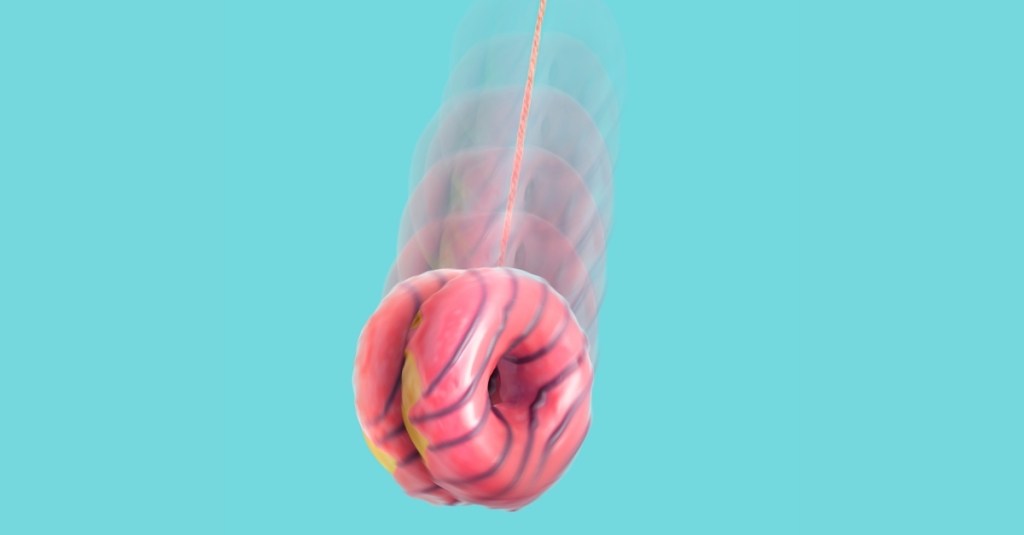URGENT UPDATE: A groundbreaking study from France reveals that fad diets may be rewiring your brain and gut microbiome, leading to unhealthy cravings for junk food. Researchers from the University of Rennes and Paris-Saclay University have published their findings in the journal Advanced Science, shedding light on the dangerous cycle of yo-yo dieting.
The study shows that mice subjected to a “Western diet” experience—alternating between fatty, sugary foods and healthier options—exhibited alarming behaviors. After several weeks on this diet rollercoaster, even the mice who did not experience extreme dietary swings began binge-eating junk food when given the chance. This finding suggests that the gut bacteria from those on a yo-yo diet might be influencing cravings in ways previously unrecognized.
Researchers observed that these mice, driven by altered gut microbiota, consumed food even when they weren’t hungry. They were seeking the pleasure that comes from eating, particularly high-fat foods that trigger reward responses in the brain. This creates a troubling link between gut health and eating behaviors, indicating that popular juice cleanses and trendy diets could be setting individuals up for future cravings for unhealthy food.
While the research primarily involved mice, the implications for human health are significant. The extreme dietary shifts could lead to a cycle of deprivation and overindulgence that undermines long-term healthy eating habits. The findings highlight the need for more manageable dietary changes rather than drastic fad diets that may disrupt the delicate balance of the gut microbiome.
As the research continues, experts emphasize the importance of understanding how these dietary patterns affect human behavior. The study is a call to action for those engaging in extreme diets—consider the potential consequences on both your gut and your cravings.
Stay tuned for more updates on this developing story as researchers aim to explore these findings further in human subjects. The connection between our diet and mental health is becoming increasingly clear, and it may reshape how we approach eating for years to come.
